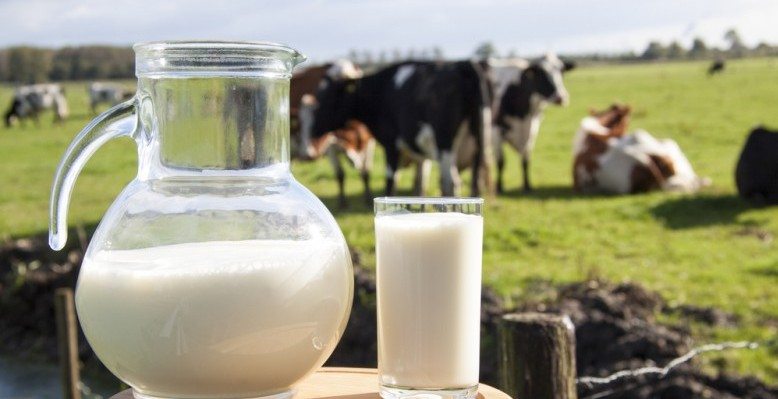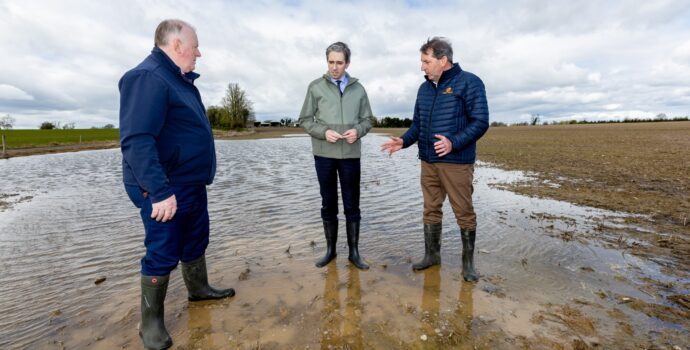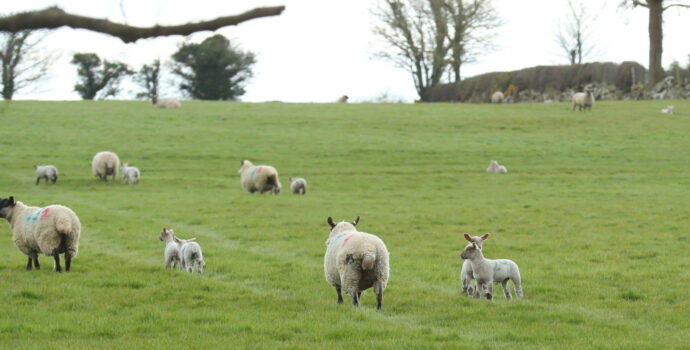IFA Challenges Dairy Co-op Boards and Management to Take Charge of Sectoral Change to Avoid Undermining Existing Milk Pools

Commenting on the ongoing series of high level meetings with dairy co-ops, IFA President Eddie Downey said: “There will be a lot of change in the sector over the next 12 months, as farmers gear up for the post quota era. The challenge we are putting up to all dairy co-ops and the Irish Dairy Board this spring is to take charge of this change at management and board level. Failure to do so could lead to farmers feeling that they have no option but to make their own decisions in the interest of securing their future – with potential serious long term consequences”.
He added: “The management and boards of co-ops must ensure that they engage now in the change process, and collaborate in every way possible to maximise efficiency and milk prices. Failing to do so could lead to the fracturing of existing milk pools and the isolation of their farmer members as options evaporate for them”.
IFA National Dairy Committee Chairman Sean O’Leary said: “Co-ops have a duty to their suppliers/shareholders to give them confidence in the sustainability of their future. This requires devising well thought out and costed development plans, preferably in collaboration with other milk purchasers, to avoid duplication, optimise use of resources and maximise milk prices”.
“Co-ops must all engage in thorough consultations with farmer members to ensure that the co-op’s development plans address farmers ‘concerns and earn their support. This is important especially where new processing capacity has to be put in place, whether or not farmers/shareholders are expected to make financial contributions to the plans”.
“Should a vacuum be allowed develop, co-ops will risk splintering and division, which will undermine the viability of existing milk pools. Farmers cannot be blamed for looking elsewhere if their co-op’s plans are not convincing. Failure by co-ops to plan properly could end up costing them and their suppliers very dearly,” Mr O’Leary warned.
Most of the largest co-ops have by now been met by IFA, and all were urged to ensure they increase their level of collaboration, for example in terms of making sure capacity related investment is staggered between milk purchasers to reflect the actual increase in milk production and ensure no plant is underutilised.
IFA also highlighted the need for co-ops to develop fair, equitable and flexible Milk Supply Agreements which take due account of farmers’ concerns and gives them security of tenure. The top level IFA/dairy co-op meetings continue in March and April, and will also involve small and medium size co-ops.




